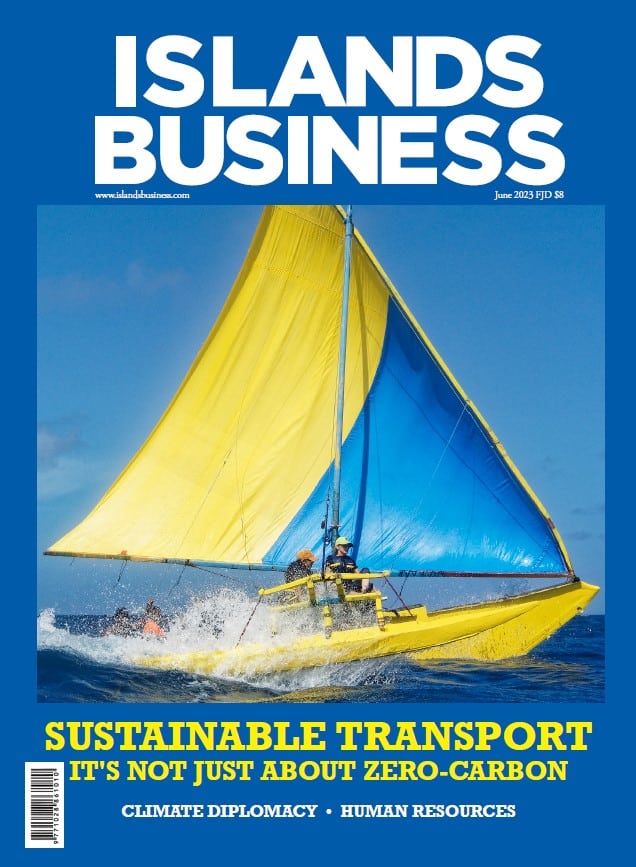Sustainable sea transport for Alson Kelen is not just about getting down to zero emissions.
“We have to understand that sustainable sea transport also means helping with non-communicable disease, helping education, helping many, many things that we talk about when we go to these big UN meetings; women's rights, gardening, and all those things,” says Kelen, who is co-founder and Director of Waan Aelõñ in Majel (WAM or in English, Canoes of the Marshall Islands).
Sitting by the lagoon in Majuro, Kelen describes their evolution—from securing their first grant when the . . .
Please Subscribe to view full content...
